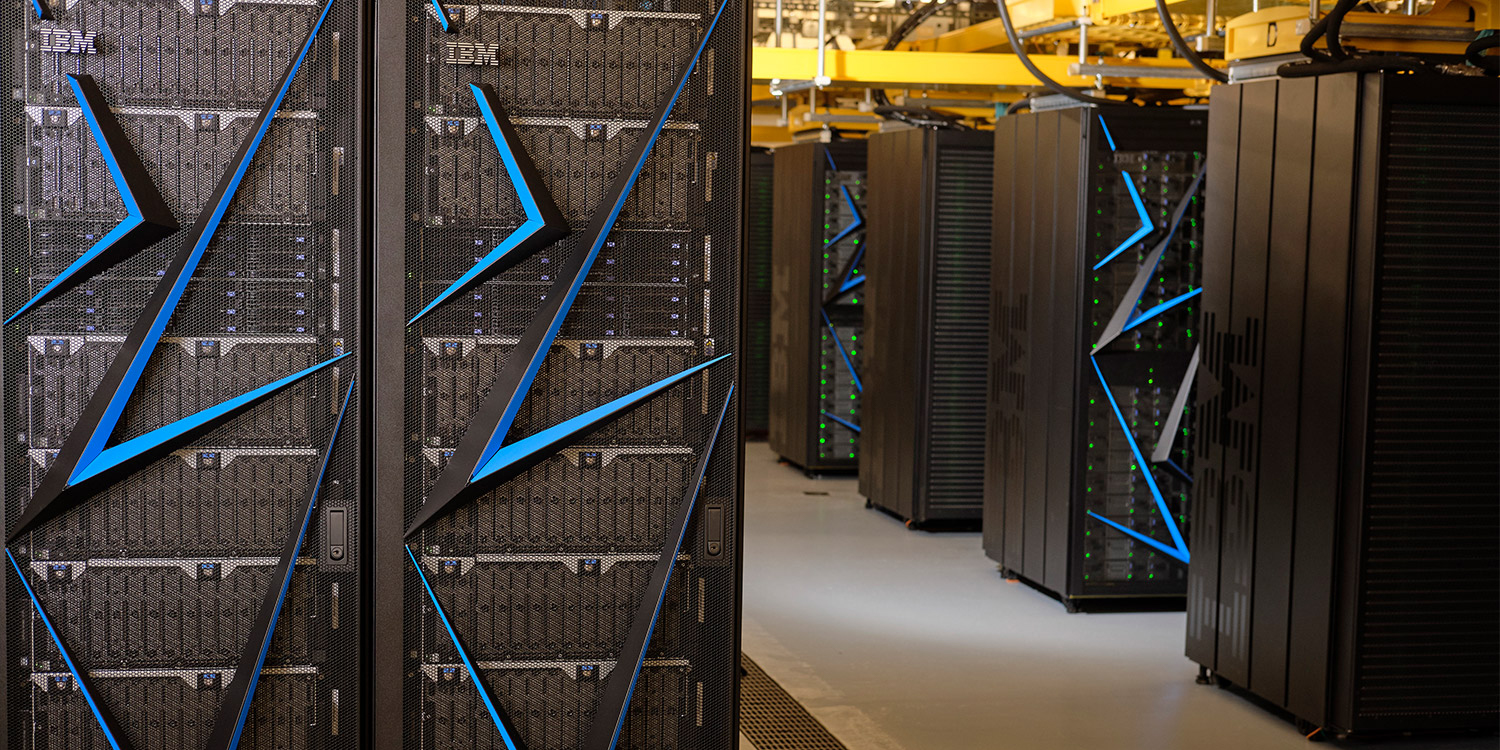
High Performance Computing
Distributed Computing, Mathematical Software and Software Repositories, Numerical Linear Algebra, Parallel Processing, Software Tools
Affiliated Labs, Centers, Institutes
Global Computing Laboratory
The Global Computing Lab (GCLab) focuses on various aspects of high performance computing and its application to the sciences. It is engaged in the design and testing of efficient computational algorithms and adaptive scheduling policies for scientific computing on GPUs, cloud computing, and volunteer computing. Interdisciplinary research with scientists and engineers in fields such as chemistry, chemical engineering, pharmaceutical sciences, seismology, and mathematics is at the core of the lab’s activities and philosophy.
Innovative Computing Laboratory
ICL is a world leader in enabling technologies and software for scientific computing. Our vision is to provide high-performance tools to tackle science’s most challenging problems and to play a major role in the development of standards for scientific computing in general. Successful research efforts have provided the foundation for addressing the challenges of the future. Recognizing that enabling technologies serve as catalysts for computational innovation, ICL continues to adapt to the ever increasing computational demands of the scientific community through our vision of what the next generation of enabling technologies can accomplish. Current projects are broken down into four main focus areas: numerical libraries, high performance distributed computing, performance evaluation and benchmarking, and asset management.
National Institute for Computational Sciences
UT and ORNL co-established the National Institute for Computational Sciences (NICS) to advance scientific discovery and state-of-the-art engineering in order to further knowledge of computational modeling and simulation by 1) taking full advantage of the terascale (and beyond) computers at NICS housed at ORNL, and 2) educating a new generation of scientists and engineers well-versed in the application of computational modeling and simulation for solving for the most challenging scientific and engineering problems.
Affiliated Faculty |
|---|
| Micah Beck |
| Michael Berry |
| Scott Emrich |
| Jens Gregor |
| Jian Huang |
| Michael Langston |
| Greg Peterson |
| Michela Taufer |
Adjunct, Research, and ORNL Joint Faculty |
| Jack Dongarra |
| Scott Klasky |